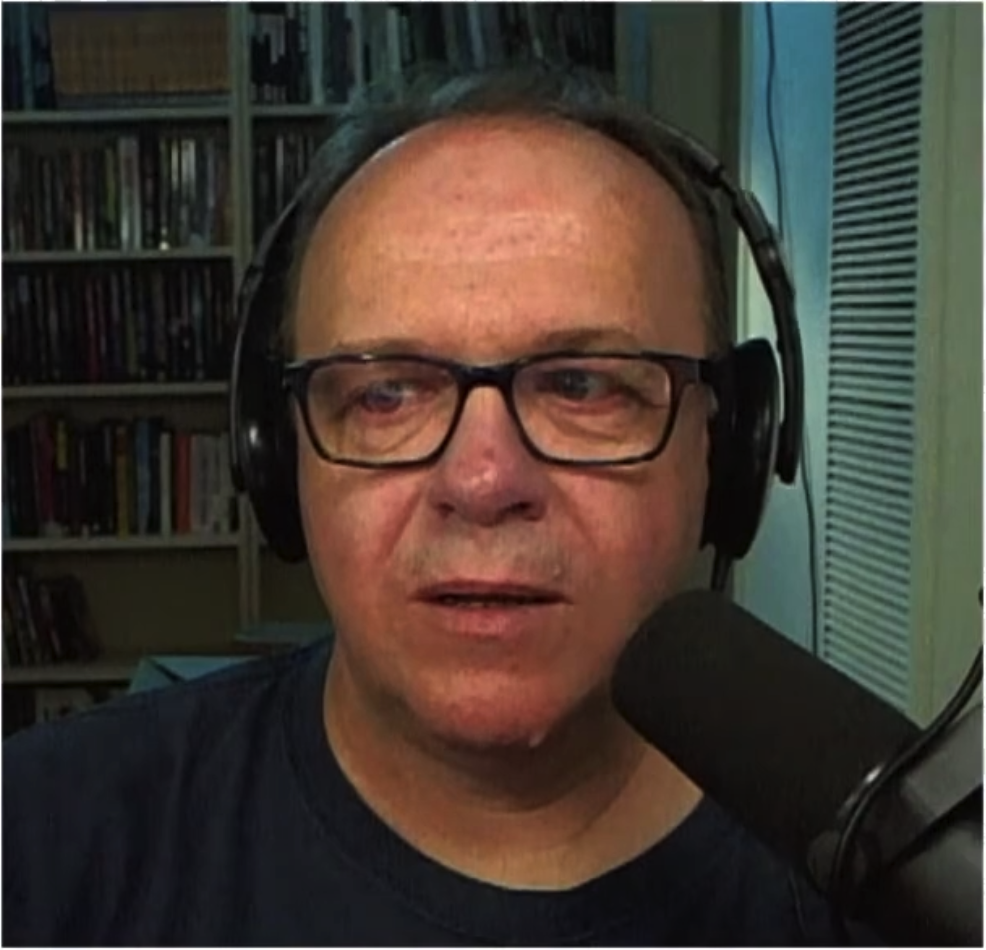
You know, what we try to do, you know, as journalists, we continue the work of other journalists, and that's what we wanted to do here. So we didn't think that we would solve anything. But it looked like they needed some help. There were people there trying to do it, to solve this one. GREY: Well, I should say, I'm not trying - maligning everybody in the police. SHAPIRO: So when you realize that the police appeared uninterested in working their way up the chain of command, that, in fact, somebody was leaking to the suspects from the investigation, when you realized how many powerful enemies Daphne had, what hope did you think you had of actually solving this mystery? And we knew she was doing this stuff, but we didn't realize quite how much danger she was in. And she was a woman in a very male-dominated society. She was like a one-woman WikiLeaks, she's been called. She wouldn't stop, and she unpicked the island. Why was the list so long? Why did so many powerful people have it in for her? So you started looking at who her enemies might have been, and she had lots of them. But then you say that authorities seemed uninterested in tracking down who might have ordered the killing. SHAPIRO: Yet soon after she was killed, the police arrested three men who were accused of carrying out the hit. But this podcast is us trying to set that right. And that was the awful thing, you know? We didn't get to support her when she was alive. I knew what she was doing, didn't know quite how alone she was. And it turned out she did most of it on her own. They were setting up money laundering operations that were - one issue after another, she'd exposed. They were selling off the country's passports. But she'd put it on the map in Europe but, unfortunately for Malta, put it on the map as a place of very serious corruption, where, you know, ministers were setting up - while in office - were setting up companies in Panama.

She was operating on a very small island in the Mediterranean. Tell us what made her such a towering figure. SHAPIRO: Before Daphne was killed, you knew her son, also an investigative journalist, and you knew Daphne by reputation. STEPHEN GREY: Thank you for having me on your show. It is written and hosted by Reuters reporter Stephen Grey. SHAPIRO: A new six-part podcast called "Who Killed Daphne?" follows the search for answers and for justice. When I got there, there was just so much destruction and so much fire. MATTHEW CARUANA GALIZIA: I knew this was a car bomb straight away. Her adult son, Matthew, also a journalist, spoke to NPR about the day his mother died. It was a murder plot with one victim - investigative journalist Daphne Caruana Galizia. In 2017, a car bomb exploded on the island country of Malta.


 0 kommentar(er)
0 kommentar(er)
